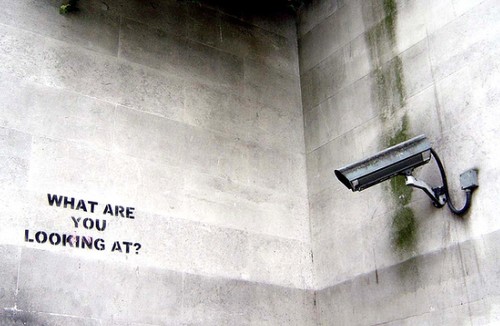In a massive sweep, Chinese search operator Baidu says it removed almost 3 million pirated items from Baidu Library’s “literary works” service.
In what may be a significant move for enforcing copyright and respecting intellectual property, China’s Baidu search service—loosely, China’s equivalent to Google—removed some 2.8 million works from its Baidu Wenku (“Baidu Library”) following complaints from authors that their work was being distributed without permission. Baidu apologized to authors, and promised to screen material submitted to the Baidu Library more carefully and remove unauthorized works.
 Baidu also says it would like to discuss possible revenue-sharing arrangements with authors so they can be compensated for works distributed through the service.
Baidu also says it would like to discuss possible revenue-sharing arrangements with authors so they can be compensated for works distributed through the service.
Baidu has been under consistent fire from Chinese authors since the Baidu Wenku launched, but matters came to a head on March 15 when a group of Chinese authors went public with their complaints, alleging Baidu was engaging in outright theft by profiting on the sale of pirated and unauthorized books and other works on Baidu Wenku.
Chinese author Hao Qun noted to the Wall Street Journal that most of his novels have been downloaded about 10,000 times on Baidu Wenku, to a total of more than 200,000 downloads—those downloads represent sales on which Baidu earned money, but for which the author received no compensation.
Baidu has faced repeated criticism from publishers, music labels, film studios, and other copyright holders that their services frequently and knowingly traffic in pirated goods and media. Earlier this month, the Office of the U.S. Trade Representative issued an unusual out-of-cycle report on counterfeit goods that specifically called out Baidu as one of the world’s “notorious markets” for pirated merchandise.
Post By: Geoff Duncan



































